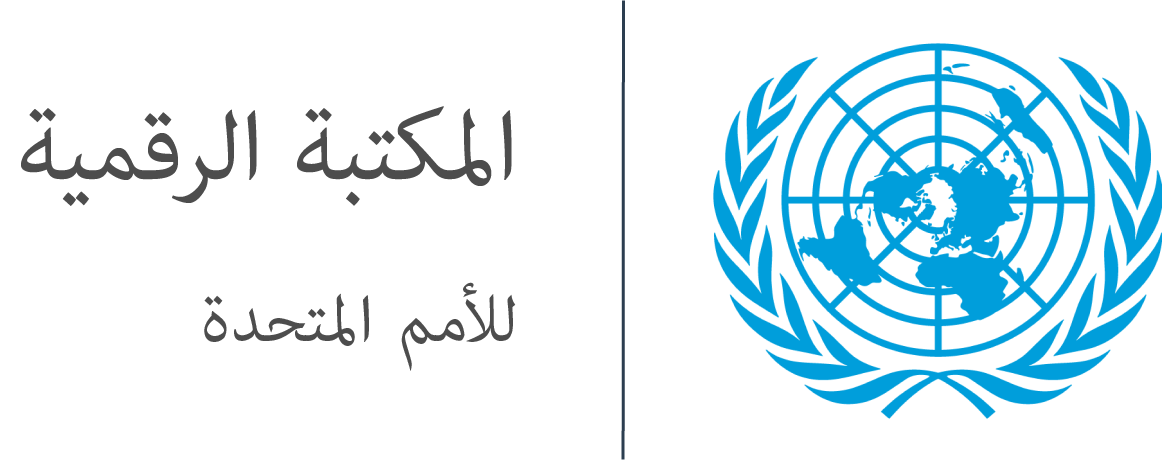Africa & globalization: learning from the past, enabling a better future : international conference : 28-29 September 2009, Tokyo, Japan
2009
تفصيلات التسجيلة (السجل)
العنوانAfrica & globalization: learning from the past, enabling a better future : international conference : 28-29 September 2009, Tokyo, Japan
ملخص
The 2009 International Conference on Africa and Globalization: Learning from the Past, enabling a Better Future was organized by UNESCO and the United Nations University from 28-29 September 2009. It provided an opportunity for some 30 leading personalities —governmental decision-makers, including several former heads of state, world-renowned experts and civil society representatives — to share their visions of Africa's role and positioning the future global system, while looking back on the lessons learned during the past 50 years since decolonization. Attention was focused on charting the future of Africa based on its development experiences and accomplishments, and the impact of the recent financial crisis through a dedicated leadership forum with several former Presidents: Alpha Konaré, former Chair of the Commission for the African Union and former President of Mali; John Kufuor, former President of Ghana; Sam Nujoma, former President of Namibia; Olusegun Obasanjo, former President of Nigeria; and Antonio Eanes, former President of Portugal. Eminent speakers from academia, the business community, government and civil society elaborated upon the vision espoused by the leaders, drawing on their own experience and expertise. The present publication presents the proceedings of this important Conference. The global economic crisis poses a serious threat to the achievement of Africa's development goals. It is compounded by the food, energy, climate change and environmental crises. The effects of these multiples' crises threaten to derail progress across the continent. International financial institutions, such as the IMF and the World Bank, have estimated that as a result of the financial and economic crisis, Africa's expected growth rate for 2009and 2010 needs to be revised downwards. There are also concerns that official development assistance (ODA) will be reduced, which could further exacerbate poverty and deprivation on the continent and hamper development as a whole. The likely consequences may include higher unemployment and poverty, increases in infant mortality, fewer children going to school, reductions in health care and even a rise in violence. The crisis could have negative ramifications on public spending, thereby reducing the ability of governments to protect the poor and vulnerable from the economic downturn and other global shocks. Those that have risen out of poverty over the past decades, the near poor, will beat greater risk of falling back into poverty. The steps we take to address these challenges will have profound implications for Africa's future. A strategic vision – one that focuses on how to better integrate Africa more fully into the global economy, and the multilateral system – is needed if we are to ensure that recovery scenarios that focus on "investing out of the crisis" are effective in the short-term and lay the foundation for achieving the Internationally Agreed Development Goals (IADGs), including the Millennium Development Goals (MDGs) and the Education for All (EFA) goals, by 2015. [UNU website].
المؤلفونUN University
UNESCO
UNESCO
تاريخParis :[...]
الوصف
213 p. : ill., graphs, tables
